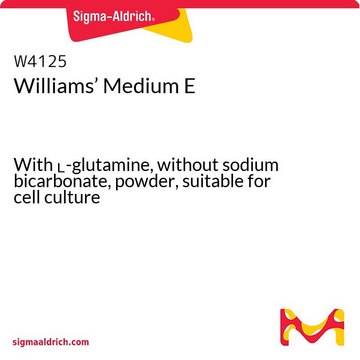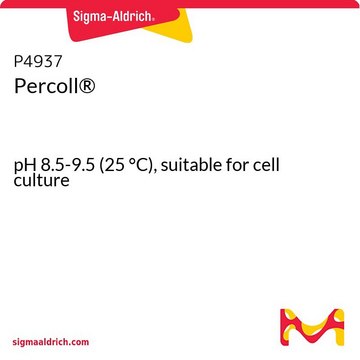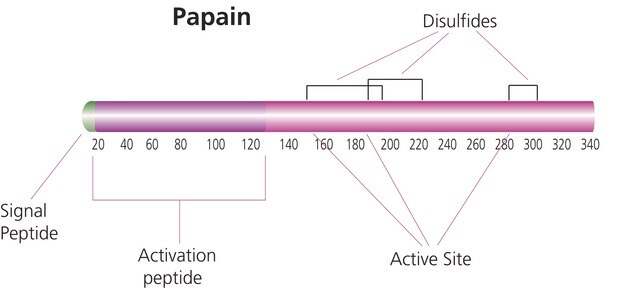W4128
Williams′ Medium E
With sodium bicarbonate, without ʟ-glutamine, liquid, sterile-filtered, suitable for cell culture
Synonyme(s) :
Williams’ E medium
About This Item
Produits recommandés
Nom du produit
Williams′ Medium E, With sodium bicarbonate, without L-glutamine, liquid, sterile-filtered, suitable for cell culture
Stérilité
sterile-filtered
Forme
liquid
Technique(s)
cell culture | mammalian: suitable
Impuretés
endotoxin, tested
Composants
L-glutamine: no
phenol red: 0.0107 g/L
glucose: 2.0 g/L (Dextro)
NaHCO3: 2.2 g/L
Conditions d'expédition
ambient
Température de stockage
2-8°C
Description générale
Application
Reconstitution
Souvent commandé avec ce produit
Code de la classe de stockage
12 - Non Combustible Liquids
Classe de danger pour l'eau (WGK)
WGK 1
Point d'éclair (°F)
Not applicable
Point d'éclair (°C)
Not applicable
Faites votre choix parmi les versions les plus récentes :
Déjà en possession de ce produit ?
Retrouvez la documentation relative aux produits que vous avez récemment achetés dans la Bibliothèque de documents.
Les clients ont également consulté
Notre équipe de scientifiques dispose d'une expérience dans tous les secteurs de la recherche, notamment en sciences de la vie, science des matériaux, synthèse chimique, chromatographie, analyse et dans de nombreux autres domaines..
Contacter notre Service technique










